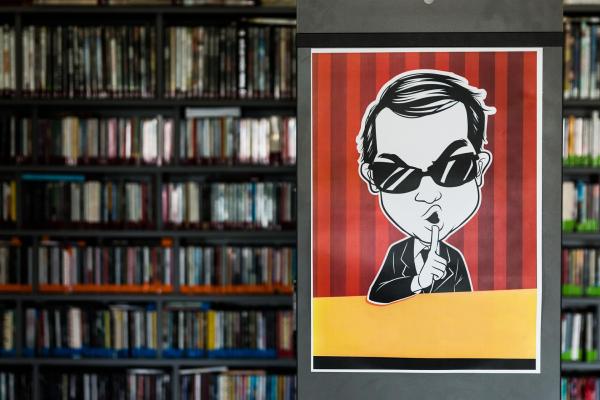“As countries grew richer over the mid-1900s, average working hours decreased and leisure increased. Then, sometime around 1985, the trend reversed: Leisure hours started falling, affecting the most well-off people within wealthy countries—the very people who made up what was once called the “leisure class.” The same pattern now shows up in emerging economies. The richest and the most educated are working more than they did 20 years ago. Income inequality has risen, but as the economist Robert H. Frank observes, “leisure inequality” is “growing as a mirror image, with the low earners gaining leisure and the high earners losing.”
Leisure inequality aside, what is it about our free time that we find a need to entangle it with our work. Is work that fulfilling? From The Atlantic, Why Your Leisure Time Is in Danger
Ozy is a news and information aggregator. Every day they take on a topic and offer several succinct paragraphs of information and links. Here is their piece on our veterans – a group honored far more in word than deed, and that is to our everlasting national shame. The Battle for America’s Veterans
“And yet despite missteps, for the century and a quarter that followed Mr. Ochs’s statement, the New York Times has clearly done all in its power to be the impartial, fair-minded paper that its founder hoped it would be. But on the day that Donald Trump came to visit, that status was coming to an end. Whether it will be a temporary or a permanent end is still to be seen. But during the Trump administration and up to the present, the Times committed itself to opposing Donald Trump and to a spectrum of social issues, particularly those involving race, gender, and sexuality. The Times has become a political actor in an age of partisan politics, not an arbiter or an observer, but a potent force for change in its own right.”
The New York Times. From the Hedgehog Review, Changing Times - The failure of authority in the age of Trump
Finally, I want to get out and travel again. But there seem to be so many rules in place; it seems more challenging to navigate the regulations than the countries. Alex Tabarrok from Marginal Revolution captures the problem well, The Farrago of International Travel Restrictions




